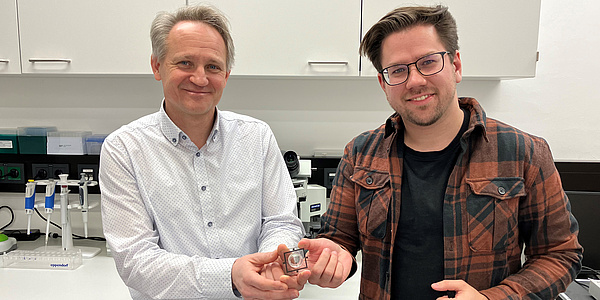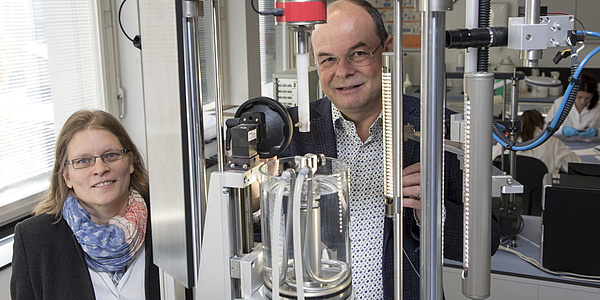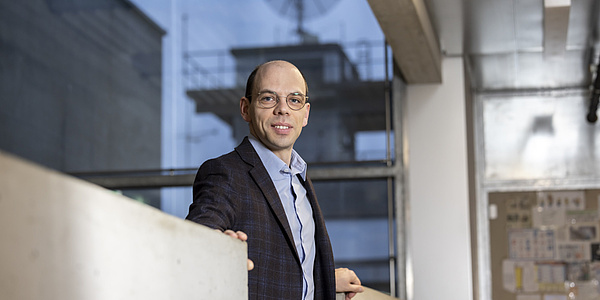The Heart on a Microchip

The heart can be analysed not only as a whole organ, but also on the basis of cultured heart muscle cells using microelectrode arrays. Several problem areas are being addressed at TU Graz in this way.…

The heart can be analysed not only as a whole organ, but also on the basis of cultured heart muscle cells using microelectrode arrays. Several problem areas are being addressed at TU Graz in this way.…

The heart lies at the centre of our body. It keeps us alive with its beats and is also known as our “engine”. At TU Graz, our most important muscle is being researched using methods from biomedical…
One topic, but a multiplicity of angles and perspectives.
Energy storage systems are becoming increasingly important, powerful and widespread. However, this also means that the demands on their safety and durability are growing.

Funded by the Federal Ministry for Climate Action, Environment, Energy, Mobility, Innovation and Technology and Austrian transport companies, Christian Adams is developing intelligent noise maps and…
Monthly Newsletter about current Researchtopic at Tu Graz. Follow now.
TU Graz | Communications and Marketing
Rechbauerstraße 12, 8010 Graz
+43 316 873 6005
kommunikation@tugraz.at